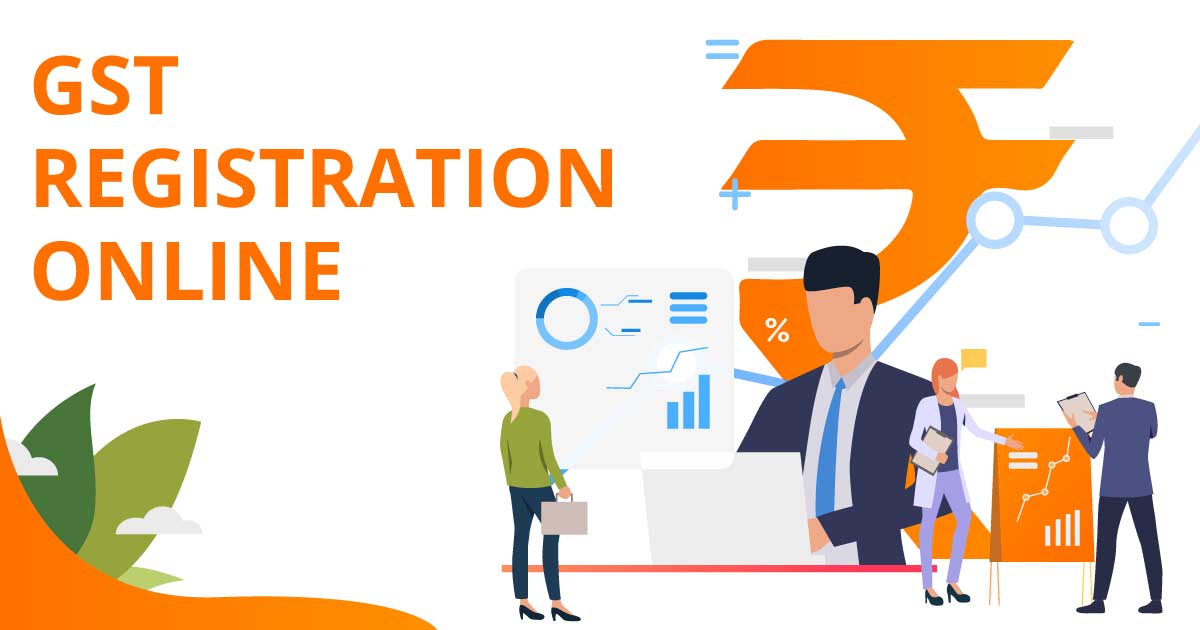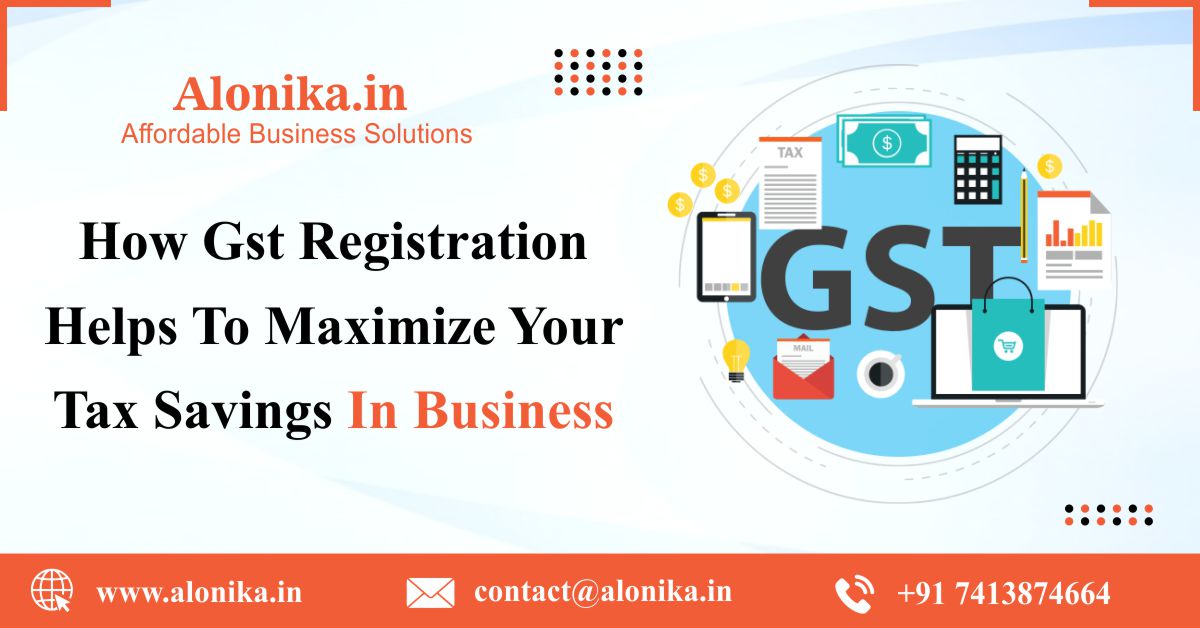Navigating the Intricacies of GST Enrollment: Professional Tips and Best Practices for Smoother Conformity
From understanding enrollment requirements to harnessing technological devices for structured procedures, the journey towards smoother GST compliance is multifaceted and nuanced. Stay tuned to discover crucial methods and understandings that can help companies steer with the intricacies of GST registration with skill and self-confidence.
Comprehending GST Registration Needs

Along with turn over thresholds, companies taking part in interstate sales or offering taxable solutions might also be called for to sign up for GST, even if their turn over is listed below the suggested restriction (Singapore GST Registration). Understanding these thresholds and demands is necessary to avoid fines and make sure smooth operations within the lawful framework
Furthermore, services should collect and prepare the required documents, such as proof of identification, address, service incorporation, and savings account information, before launching the GST registration procedure. Stopping working to provide exact information or fulfill the registration target dates can lead to penalties or various other legal effects. Consequently, services must remain notified about the specific GST enrollment demands suitable to their operations to preserve conformity and stay clear of potential concerns.
Organizing Crucial Documentation
Services starting the GST registration process should meticulously put together and arrange the necessary paperwork required for submission. The vital documents usually required for GST enrollment consist of evidence of organization registration or identity, consolidation and address proofs of the company owners or partners, financial institution account information, evidence of primary area of organization, and consent kinds. Ensuring that these documents are conveniently offered and arranged can enhance the enrollment procedure and stop delays or beings rejected.
To efficiently organize important documentation, companies should create a centralized system for saving and classifying the required paperwork (Singapore GST Registration). Utilizing digital storage space options can assist maintain easy accessibility and make certain that records are securely kept. In addition, establishing a checklist of all necessary files can function as a handy device to track what has actually been gathered and what is still required for entry

Leveraging Modern Technology for Efficiency
Enhancing operational effectiveness through technical integration is paramount for contemporary businesses browsing the complexities of GST enrollment. One of the key means technology can assist in GST registration is via the use of automated software application options.
Furthermore, modern technology can assist in site here seamless communication with tax obligation authorities. On-line portals and communication devices enable services to send files, settle queries, and get updates in a much more reliable fashion. This not only accelerates the enrollment process however likewise aids in keeping reliable and transparent communication with the relevant authorities.
Moreover, cloud-based storage space remedies provide a protected system for organizations to shop and access their monetary information, making certain conformity with GST record-keeping requirements. By streamlining data storage and automating procedures, businesses can enhance their general effectiveness and precision in GST enrollment treatments.
Proactive Conformity Surveillance

To make certain reliable positive conformity tracking, companies should develop robust inner controls, conduct regular audits, and leverage automation devices for real-time tracking of GST transactions. Normal training sessions for employees on GST conformity demands can also aid in producing a society of compliance within the company. Additionally, involving with tax professionals or professionals can provide beneficial insights and site advice on navigating intricate GST policies.
Engaging With Specialist Specialists
Involving seasoned tax obligation consultants can dramatically reinforce a firm's understanding and compliance with complex GST regulations. Specialist consultants bring a wide range of knowledge and experience to the table, assisting businesses navigate the intricacies of GST registration effortlessly. By leveraging their know-how, firms can make sure exact filings, minimize the danger of mistakes, and remain up-to-date with the newest regulatory changes.
When involving with specialist professionals, it is important to select specialists with a solid performance history in GST compliance (Singapore GST Registration). Search for specialists that have a deep understanding of the pertinent regulations and regulations, as well as experience collaborating with services in your sector. Reliable interaction is key in this partnership, so make certain to clearly specify your expectations and establish routine touchpoints to go over progression and resolve any kind of problems
In addition, specialist professionals can give beneficial understandings and suggestions on maximizing your tax strategy, recognizing potential cost-saving chances, and enhancing your conformity procedures. Generally, spending in professional consultancy services can go a long way in guaranteeing smoother GST compliance and preventing expensive errors.
Conclusion
Finally, navigating the complexities of GST registration requires a complete understanding of the needs, organization of essential paperwork, leveraging modern technology for effectiveness, aggressive conformity surveillance, and engagement with professional specialists. By complying with these finest practices, businesses can make sure smoother compliance with GST policies and prevent potential fines or fines. It is necessary to remain informed, aggressive, and persistent in taking care of GST registration to keep compliance and promote monetary honesty.
To guarantee conformity with tax regulations, services should extensively comprehend the detailed demands for GST enrollment. Product and Provider Tax (GST) is a value-added tax obligation levied on the majority of products and solutions in a country, making it critical for services to register for GST to stay clear of legal consequences.In addition, companies have to gather and prepare the essential documentation, such as proof of identity, address, organization consolidation, and bank account details, before launching the GST registration process. Organizations need to remain educated regarding the particular GST enrollment requirements relevant to their operations to preserve compliance and find out here avoid possible concerns.
The crucial files typically required for GST enrollment include proof of organization registration or incorporation, identification and address evidence of the service proprietors or partners, financial institution account information, evidence of primary area of company, and consent types.